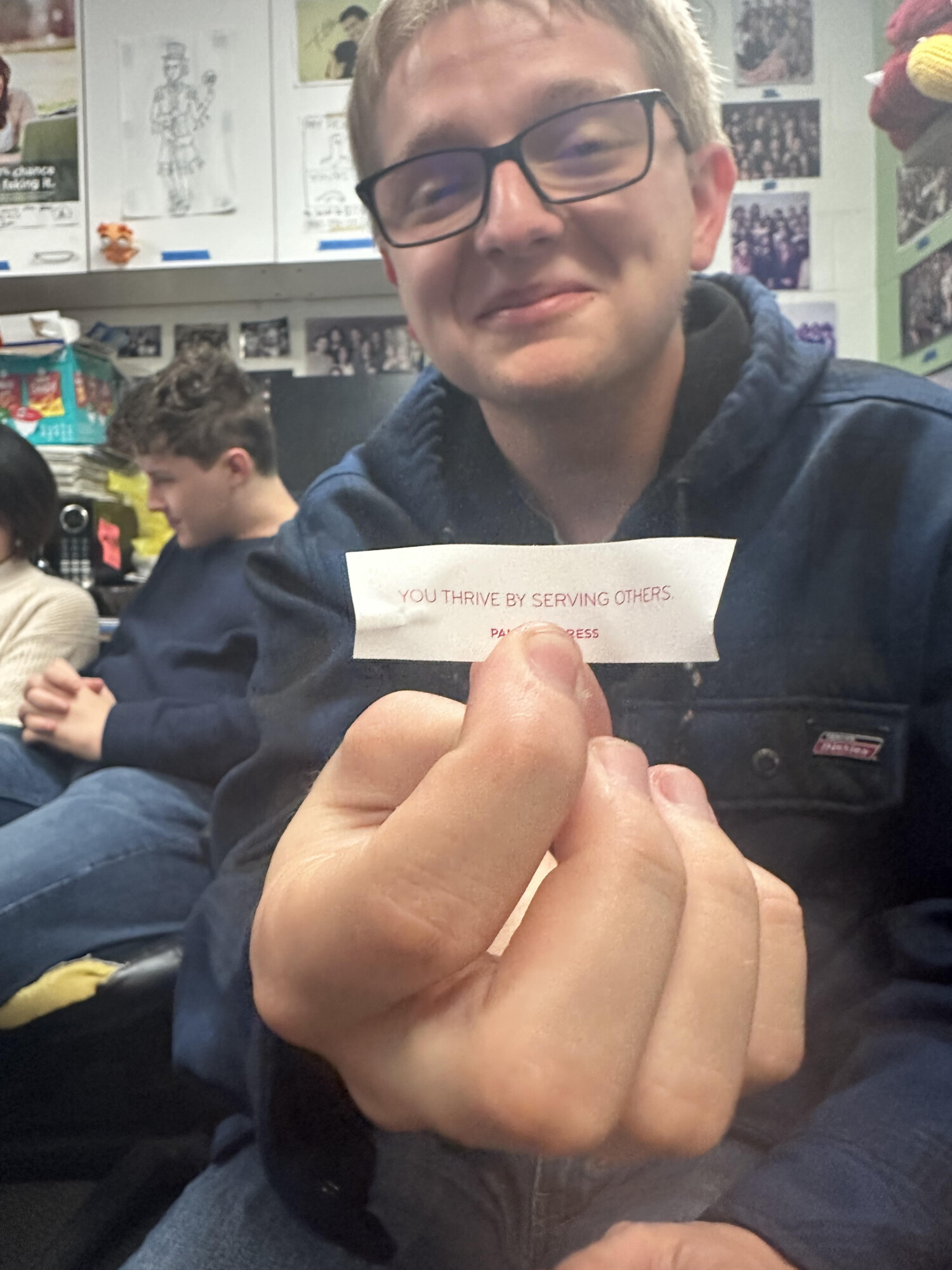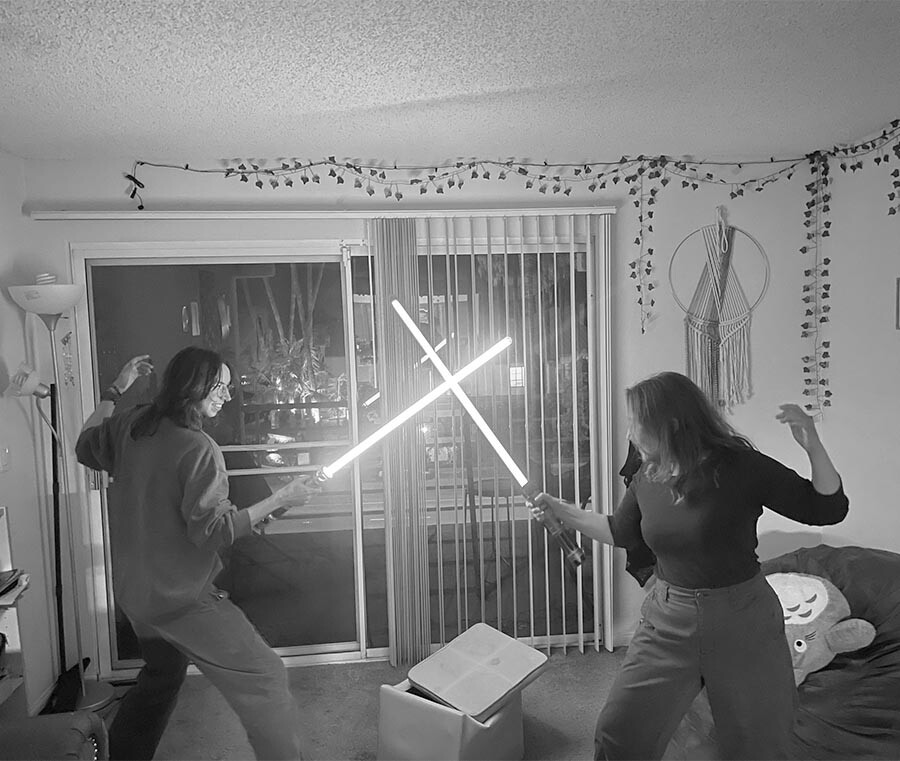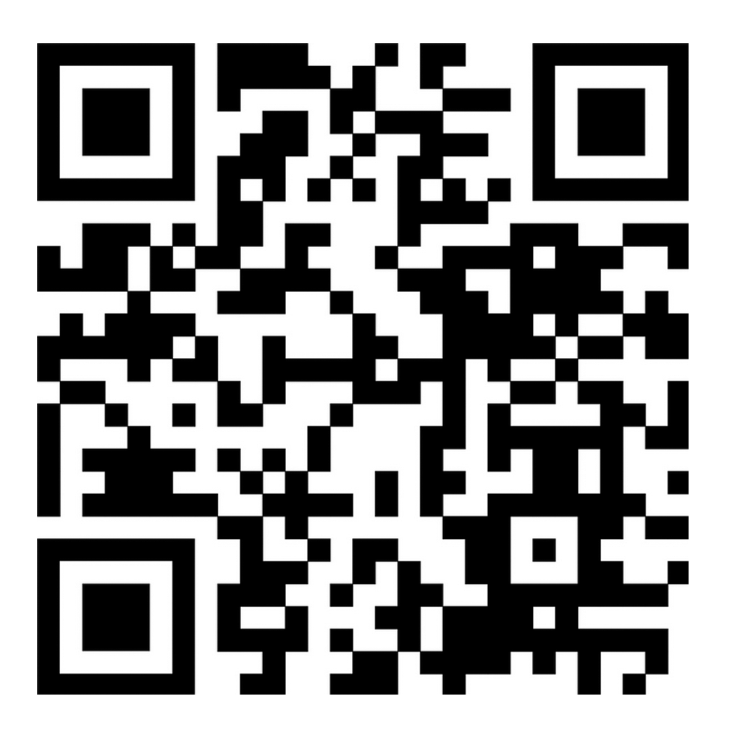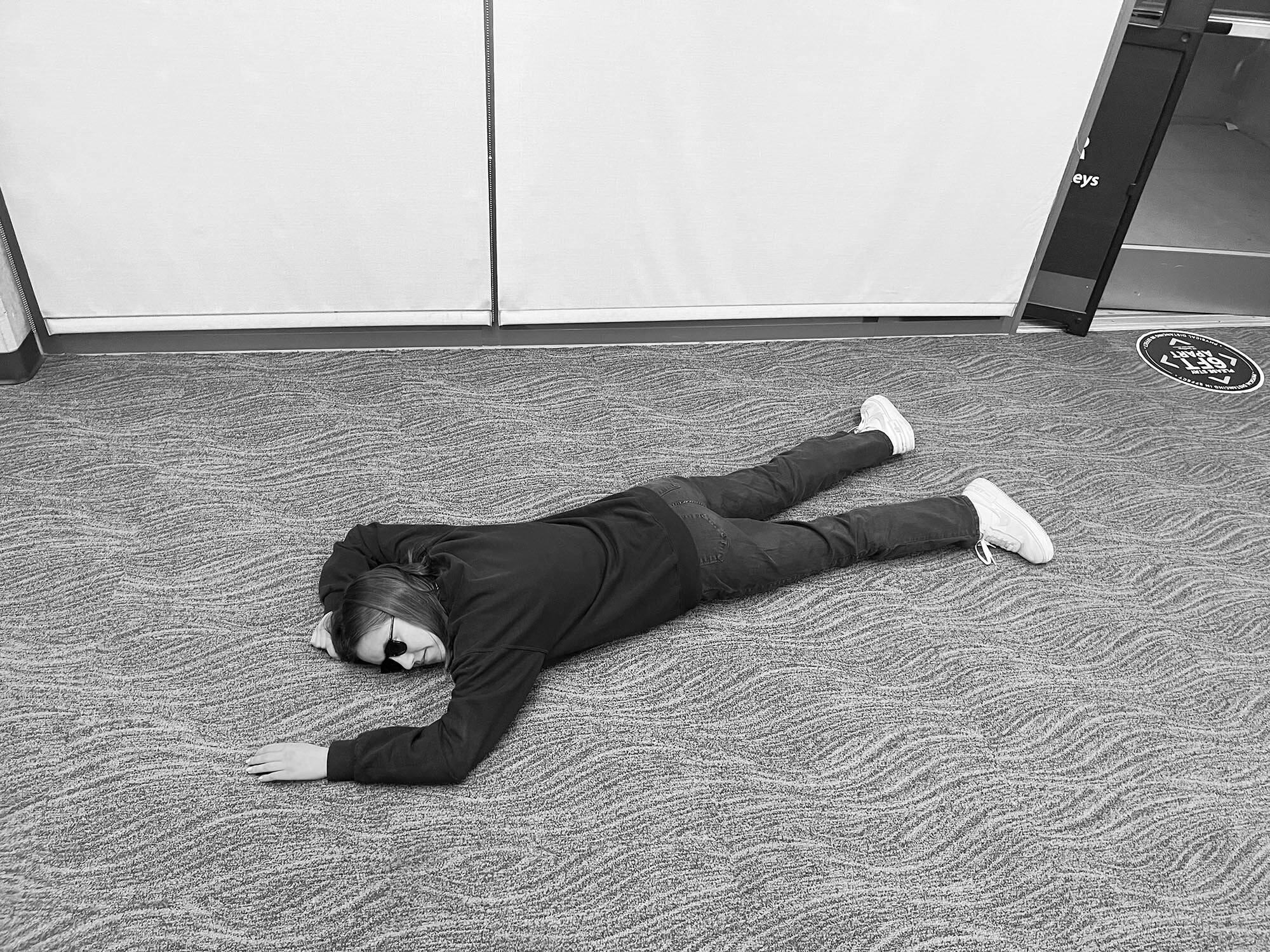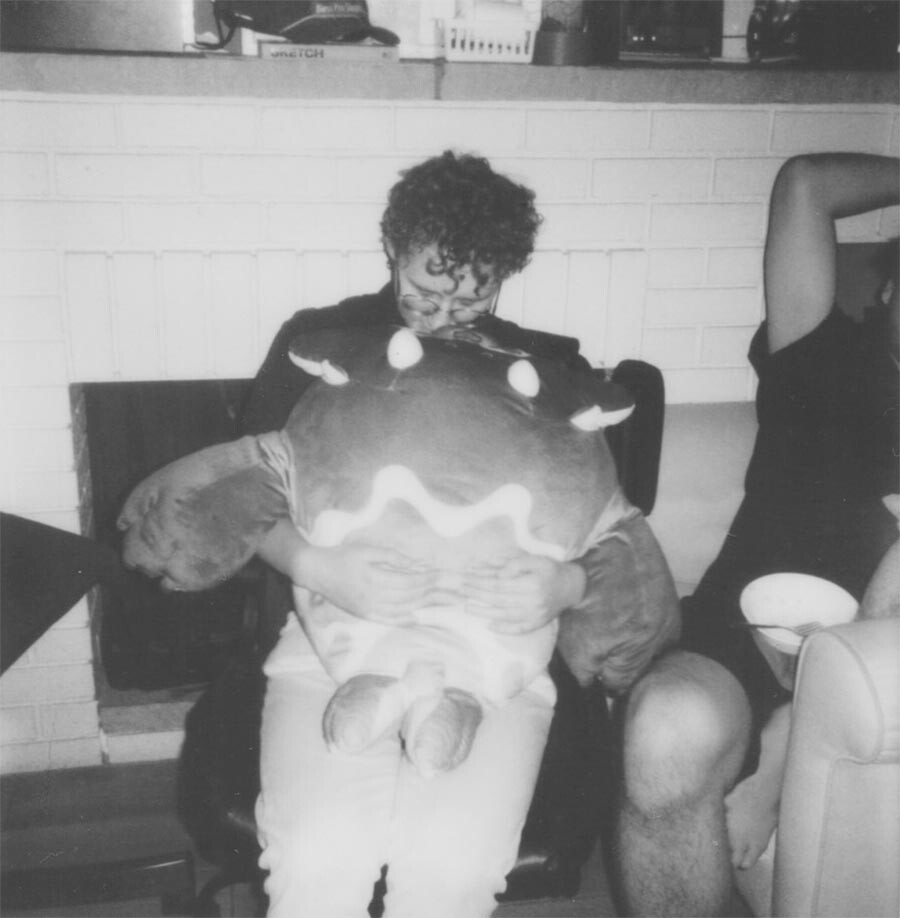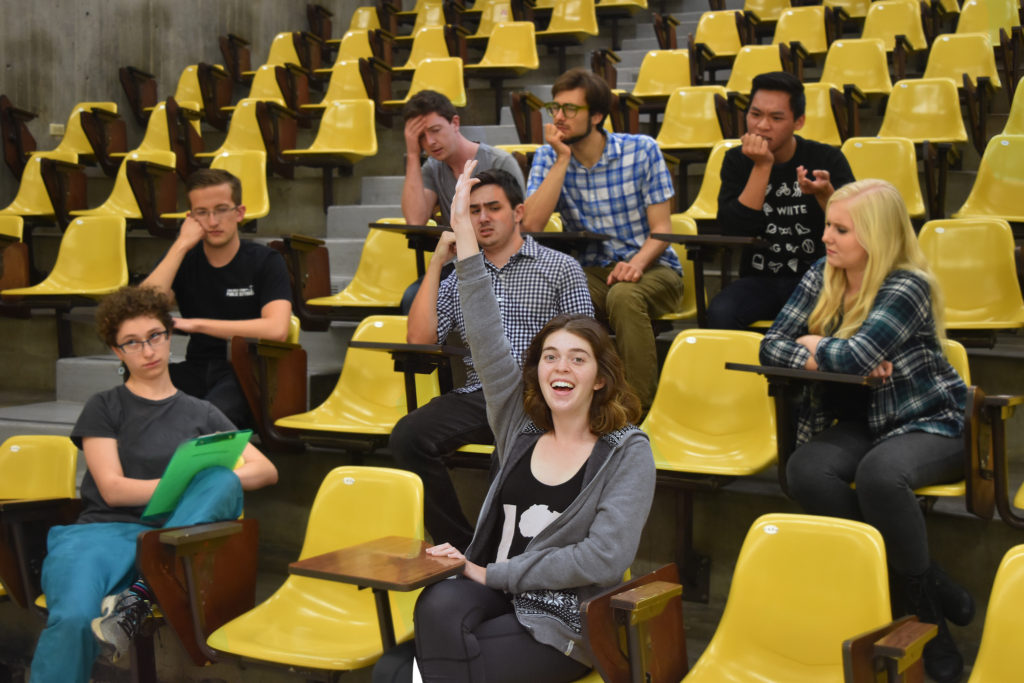
Photo by: Jen Windsor
In a sweeping new initiative intended to solve all problems with educational feedback, the evaluations students fill out each quarter at the University of California, San Diego, will now allow students to rate the quality of their peers. The idea, as explained by a faceless, monotonous bureaucrat named Jane Smith, is to “place any blame there may be for a subpar education back squarely where it belongs — on the people receiving it.”
These evaluations, formerly known as CAPEs, short for Critical Assessments of Professorial Evil-doing, will now be called ESCAPEs, short for Evaluation of Students and Classes in Addition to Professorial Evil-Doing.
A number of changes have been made to the system, with a newly-refined set of multiple-choice, true-false, and free-response questions. Smith elaborated on the purpose of the system: “It is a well-known and well-established principle that the only proper way to evaluate the quality of education is via the quality of the students, and the only proper way to measure the quality of students is via their test scores.
“So it has been decided that, rather than be overly concerned with the nuances of the teaching strategies of our esteemed faculty, students should hold themselves accountable for their own learning, and not expect things like the education they’re paying thousands of dollars for to be handed to them on a silver platter.”
Student suggestions have been taken into account in formulating the specific ways it is possible to rate one’s classmates. For example, one question is “True-false: Some students took up way too much time with niche discussions.” If “true” is selected, a follow-up question appears, asking students to list the names and distinguishing features of those responsible. It is also possible to give feedback on such actions as “asking a question which was answered literally two seconds beforehand because they were too busy pretending to have a life on social media,” “deciding to ‘play devil’s advocate’ about racism,” and “making the rest of us look bad by actually doing the reading, that sanctimonious prick.”
Student response to the new initiative has been mixed. Janetta Webley, a fifth-year Sociology student and frequent YouTube commenter, reacted enthusiastically. “This is awesome!” she shouted. “I can’t wait to tell those assholes exactly what I think of them, with the same complete freedom that comes from hiding behind anonymity that I enjoy on the rest of the internet! Suck it!”
Her girlfriend, Lashaya Reynolds, a fourth-year Chemical Engineering student, was less certain that she would derive benefit from the change.
“Nothing this shithole does makes any difference to me anymore,” Reynolds said, lighting a cigarette. “Besides, they’re probably sending all the dirt they get on us to the NSA or some shit. They know it all anyway.” Reynolds could not be reached for further questions as she returned to reading her copy of “Beyond Good and Evil” by Friedrich Nietzsche.
There are also reports, albeit still unsubstantiated, that some first-years broke into sobs upon hearing of the new initiative. It is difficult to ascertain precisely who was upset, as all of the students present were too absorbed in their own problems to pay attention to the emotional state of those around them. Reputedly, the muffled words “I don’t want to know for SURE how much everyone hates me!” could be heard from a student with her head in her hands.
The administration claims no responsibility for any emotional damage that may result from this decision, and has reminded students that counseling services are always available (24-week mandatory waiting period notwithstanding) for “any spoiled Millennial who has unnecessary feelings.”
Written by: Jaz Twersky





